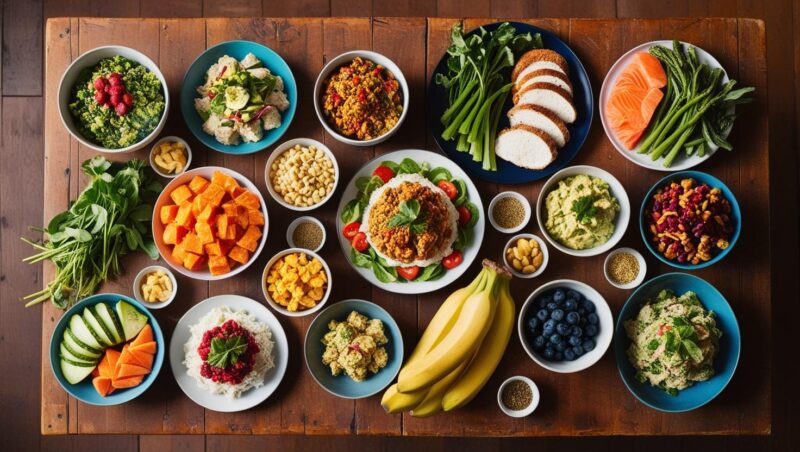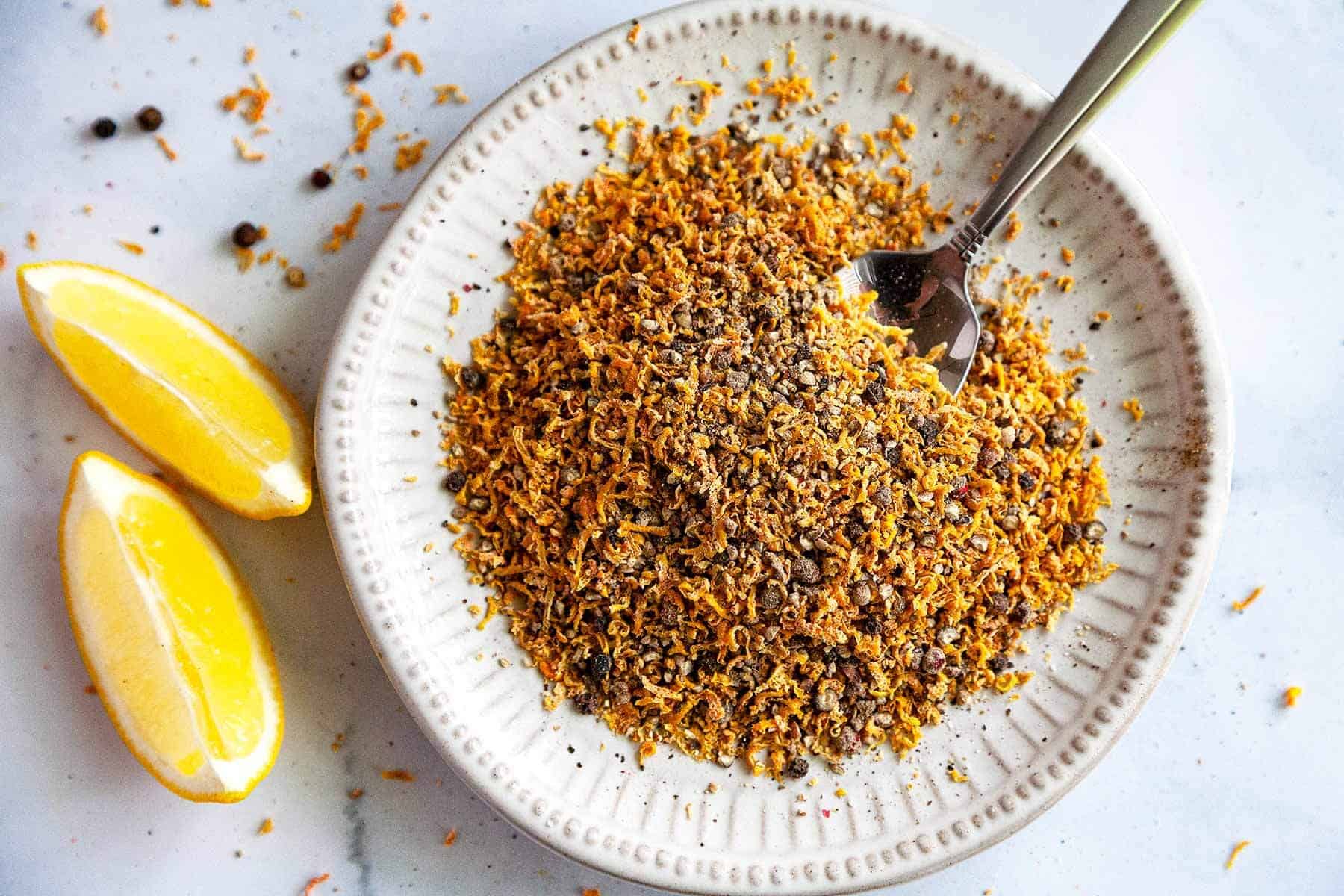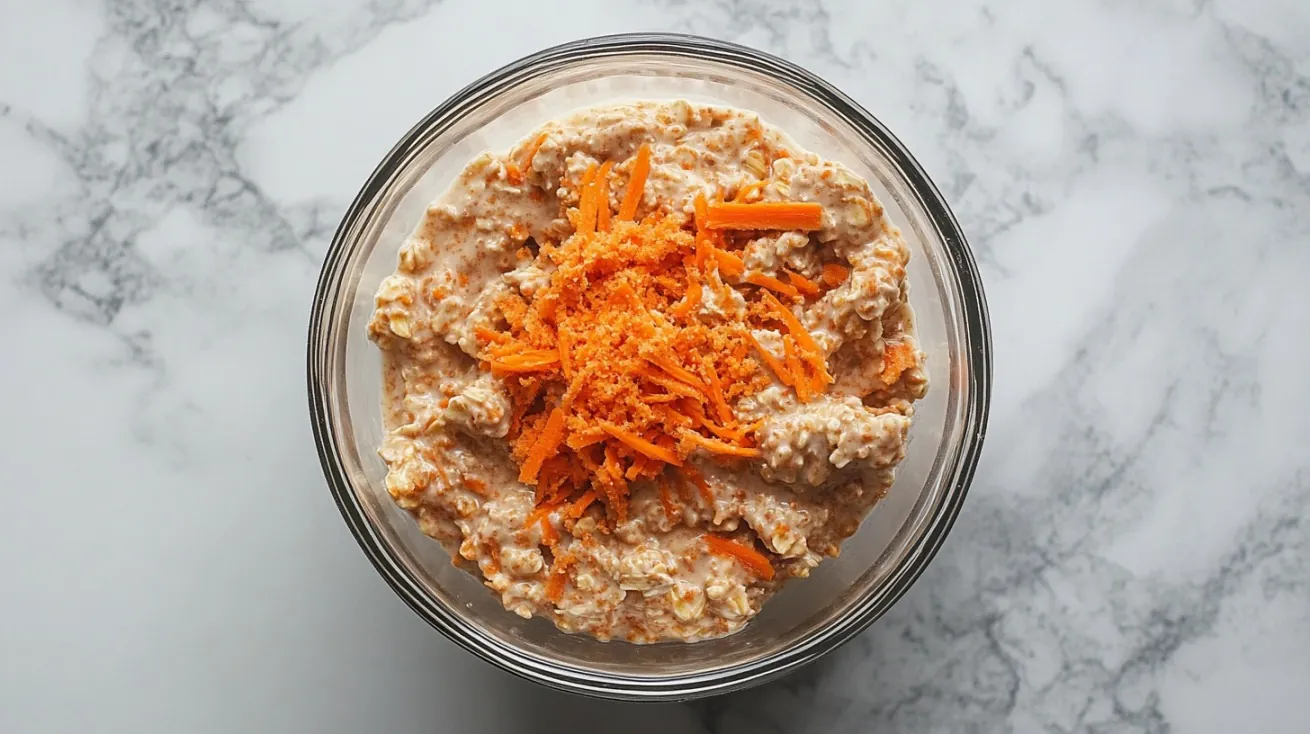We’ve all seen the flashy ads, the glowing testimonials, and the promises of a “total body reset” in just a few days.
Juice cleanses, tea detoxes, and fasting protocols flood social media, convincing people that a few sips of green liquid will magically wipe away all the junk food choices of the past.
But do they actually work, or are they just a trendy way to spend money?
Table of Contents
ToggleThe Big Promise: What Detox Diets Claim to Do
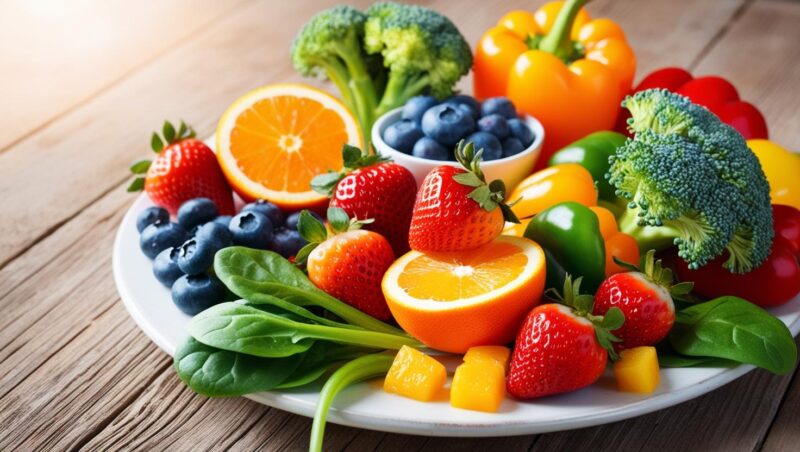
Detox plans come in all shapes and sizes:
- Juice cleanses: Only drink pressed fruits and vegetables for a set period.
- Tea detoxes: Special blends that claim to “cleanse” the liver and gut.
- Fasting-based cleanses: Skip solid food altogether and stick to water, broth, or lemon water with cayenne pepper.
- Supplement-based detoxes: Pills, powders, or drinks designed to “help your body eliminate toxins.”
Sounds great, right? Who wouldn’t want a shortcut to feel amazing? But before throwing money at a fancy cleanse, let’s take a closer look at what science actually says.
What Toxins Are We Even Talking About?
When people say “toxins,” it’s often vague. Are they talking about environmental pollutants? Heavy metals? Pesticides? Processed food byproducts?
The body already has built-in detoxification systems—liver, kidneys, intestines, and even skin—that work 24/7 to remove waste. If those organs aren’t doing their job, a green smoothie isn’t going to fix the problem.
That’s a medical emergency, not a juice cleanse situation.
Many detox plans fail to specify what exactly is being eliminated. The term “toxin” itself is used so broadly that it becomes meaningless.
There are real harmful substances we encounter in daily life—such as air pollution, alcohol, and certain chemicals found in highly processed foods—but the body is incredibly efficient at handling them when supported with proper nutrition and hydration.
The Science of Detoxing: Can Food and Drinks Really Remove Toxins?
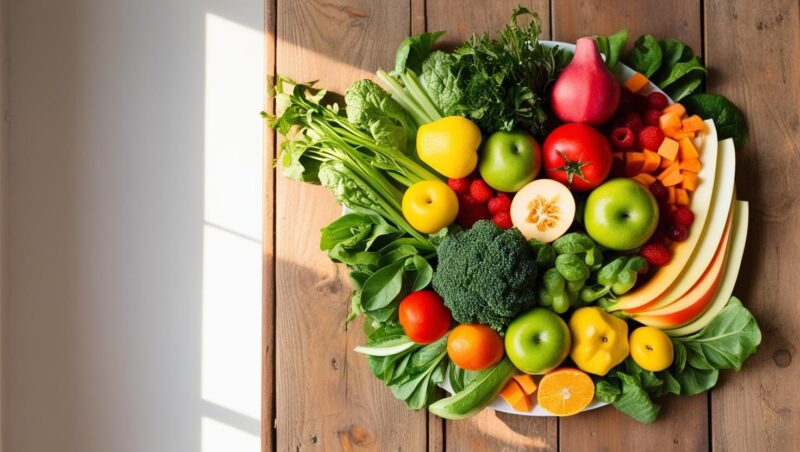
Most detox diets lack strong scientific backing. Let’s break it down:
The Liver and Kidneys Are Already Experts at Detoxing
If the body truly had trouble removing toxins, serious health issues would arise. No diet or supplement can “boost” this natural function in the way marketers suggest.
Juice Cleanses and Fasts Can Backfire
Going on a liquid-only plan might cause short-term weight loss, but it’s mostly water weight and muscle loss—not fat. Plus, lack of protein and fiber can slow metabolism, making long-term weight management harder.
Detox Teas and Laxatives Aren’t a Magic Fix
Many teas marketed for cleansing contain natural laxatives like senna. They make people feel lighter because they flush out waste (literally), but they don’t “detoxify” anything at a cellular level. Too much can cause dehydration and electrolyte imbalances.
Some Plans Can Lead to Nutrient Deficiencies
Surviving on lemon water and cayenne pepper for days? Not ideal. The body needs essential nutrients to function properly. Cutting out entire food groups can weaken immunity, reduce energy, and cause brain fog.
Why People Feel Better on a Detox
If science isn’t fully backing detox diets, why do so many people swear by them? A few key reasons:
- They eliminate junk food: Cutting out processed foods, sugar, and alcohol for a few days naturally improves how people feel. It’s not the cleanse—it’s the break from unhealthy habits.
- More hydration: Drinking more water and fluids helps with digestion, energy, and skin health.
- Psychological reset: A detox can create a sense of control over food choices, leading to healthier habits afterward.
The Placebo Effect
- It’s worth mentioning the placebo effect. When people believe something is working, they often experience real benefits—even if the science says otherwise. That’s why so many people swear by detoxes. They expect to feel better, and their mindset influences their experience.
- With so much misinformation out there, it’s easy to fall for misleading marketing. Many detox products are heavily promoted using vague claims, celebrity endorsements, and flashy testimonials. AI-checker tools can help filter out misleading health information, analyzing whether scientific backing supports a claim or if it’s just clever advertising. If a detox diet sounds too good to be true, it’s worth running it through an AI checker to see if the claims hold up against actual research.
Are There Safe Ways to Support Natural Detox Processes?
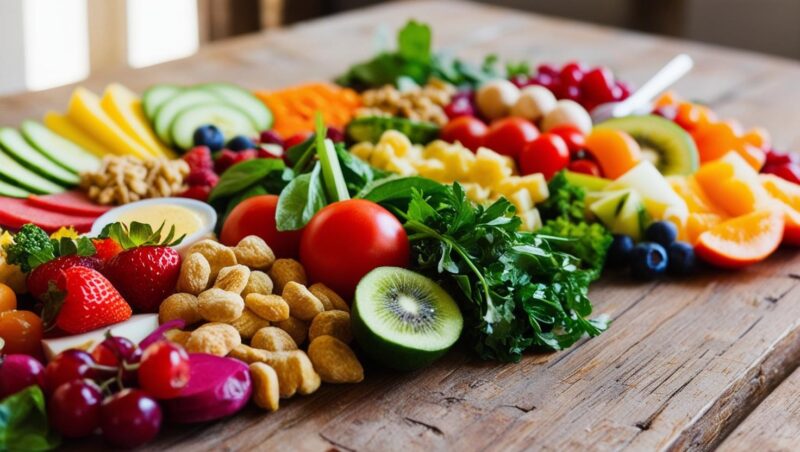
Instead of extreme diets, small daily habits can help the body do its job more efficiently:
Eat Nutrient-Dense Foods
- Instead of focusing on restriction, focus on abundance. Some foods naturally support liver and kidney function: Leafy greens (spinach, kale, arugula), Cruciferous vegetables (broccoli, Brussels sprouts, cauliflower), Citrus fruits (lemons, oranges, grapefruit), Fiber-rich foods (chia seeds, flaxseeds, oats)
- Stay Hydrated:Water is one of the best detoxifiers out there. Aim for at least eight glasses a day, and include herbal teas and water-rich foods like cucumbers and watermelon.
- Support Gut Health: A strong gut microbiome helps filter out waste efficiently. Probiotic-rich foods like yogurt, kefir, kimchi, and sauerkraut keep digestion running smoothly.
- Limit Alcohol and Processed Foods: The liver has to work harder to process alcohol, fried foods, and artificial ingredients. Giving it a break by eating whole, minimally processed foods can make a big difference.
- Get Enough Sleep: During sleep, the brain clears out waste products, and the body focuses on repair. A consistent sleep schedule is one of the easiest ways to support natural detoxification.
- Move More: Exercise plays a significant role in circulation and lymphatic drainage, both of which help flush out waste naturally. Sweating through movement (not just saunas) is a great way to support overall well-being.
The Bottom Line
The body already has powerful cleansing mechanisms in place, and the best way to support them is through long-term, sustainable habits. Rather than chasing quick fixes, focus on daily choices that nourish from the inside out.
Next time an influencer tries to sell you a miracle detox tea, save your money, and maybe just grab a glass of water instead, or make yourself a healthy green tea ricotta pancakes to show them that your happiness is not connected to weight loss! Long-term health isn’t about trendy cleanses. It’s about consistency, balance, happiness and giving the body what it needs to function at its best.

